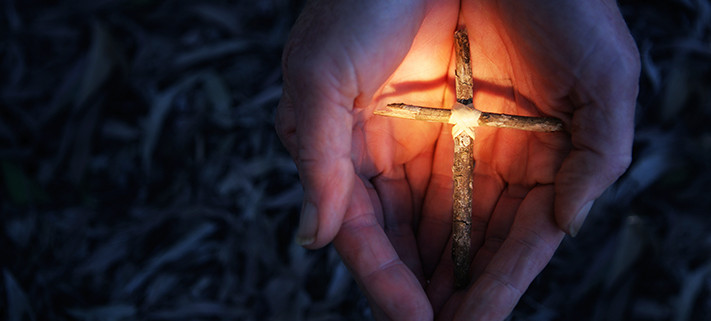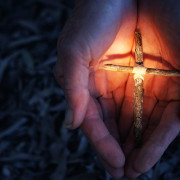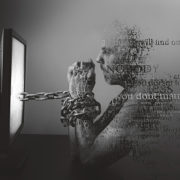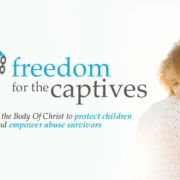When faith hurts: Responding to the spiritual impact of child abuse
By Victor I. Vieth. Victor Vieth is a former child abuse prosecutor who went on to direct the National Center for Prosecution of Child Abuse. He is the founder and senior director of the National Child Protection Training Center, a program of Gundersen Health System. He is a member of St. John, Lewiston, Minn.
It is to the little children we must preach; it is for them that the entire ministry exists. – Martin Luther
The physical and emotional tolls of child abuse are well-known, but few appreciate its spiritual impact. According to 34 studies involving more than 19,000 abused children, a majority were affected spiritually. This may happen when an offender uses religious rationale, such as telling a child he is being beaten because of the child’s sinfulness. Or an abuser may cite a child’s biological reaction to sexual touching as proof the child is equally to blame for her own victimization. Even if the abuse is not in the name of religion, many children will have spiritual questions, for example, why God did not answer a prayer to stop the abuse. If the church does not help abused children suffering spiritually, research suggests that many will eventually leave the church, even abandon their faith. Yet the church has often ignored the needs of these children. To better prepare our called workers, all students at Martin Luther College receive training in recognizing and responding to cases of child abuse, with additional training provided at Wisconsin Lutheran Seminary. In addition, Special Ministries’ Committee on Mental Health Needs has formed a task force, Freedom for the Captives, to develop materials and training so that our churches can better help abused children in our congregations and communities. These materials will be available on a website and in other formats. Churches can also utilize these tools:
- Child protection policies. Some studies indicate that most child molesters are religious and that the worst offenders are often active members of their church. One reason: the faith community often has weak child protection policies in its schools, Sunday schools, sports programs, and camps. If your school or church does not have rigorous child protection policies, or if you are simply not sure, speak with one or more child abuse experts who can assist you in implementing or improving your policies.
- Training. Policies without training are often ineffective. Pastors, teachers, and church youth workers should be trained how to recognize and respond to abuse and to understand the importance of policies in deterring offenders. Instructing our children in personal safety measures is also critical, so that children know what to do if someone sexually abuses them or otherwise violates them. When done appropriately, such education is not frightening and may empower a child who is being abused to reach out to a teacher or pastor for help.
- Sermons. Many survivors have said they never approached their pastor for help because they never heard him give a sermon about abuse, mention the topic in Bible class, or address it in any other manner. Many survivors believe the pastor simply won’t understand their pain and, like the offender, will blame them for the abuse. Meanwhile, many offenders sit smugly in the pews, confident the church will never speak out against child abuse. For the sake of the victims, we need to change this dynamic. Jesus said it would be better to be tossed into the sea with a millstone around one’s neck than to damage the faith of a boy or girl (Matthew 18:6). When it comes to this sin, our Savior’s warning has often fallen on deaf ears. As a result, children have suffered needlessly and offenders are emboldened to strike again. Owing a debt of love, and aware that our Savior will ask us to give an accounting of the children he has placed in our care, we must pray for and act on their behalf.
SPECIAL MINISTRIES
Learn about the ministry work of WELS Special Ministries.
SUPPORT SPECIAL MINISTRIES
Support the ministry work of WELS Special Ministries.





